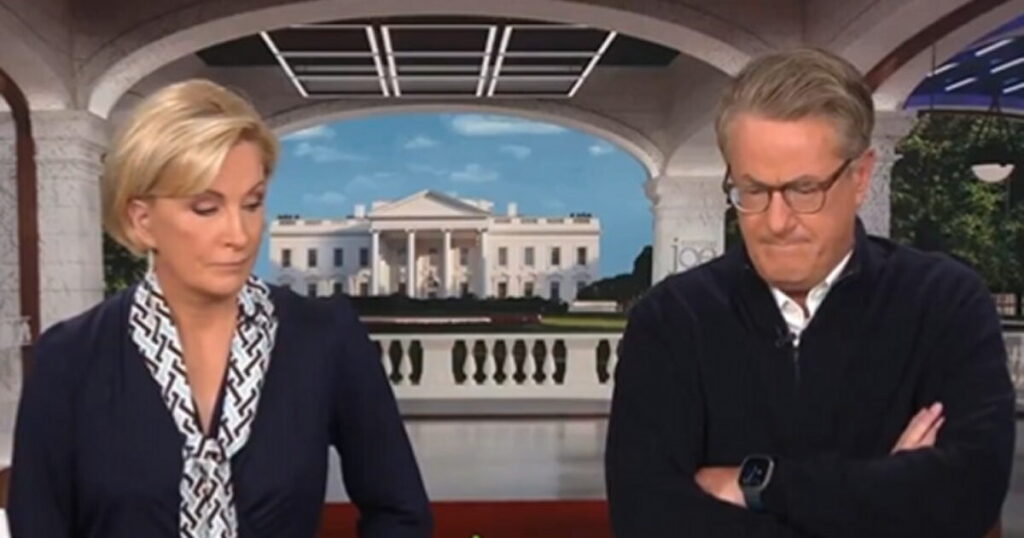In a recent op-ed for the Wall Street Journal, JD Vance criticized the Biden/Harris administration’s delayed response to Hurricane Helene, arguing that the lack of timely action from FEMA was unacceptable. Vance’s points were firmly rooted in his concerns about government efficiency and the implications of such delays during a natural disaster. His critique resonated with some audiences who prioritize swift governmental action in crisis situations and reflects a growing frustration with perceived governmental mismanagement. However, this opinion piece elicited a heavy backlash from the hosts of MSNBC’s “Morning Joe,” who appeared unable to accept any form of criticism directed at the Biden administration, regardless of its legitimacy.
The hosts of “Morning Joe,” particularly Joe Scarborough, were notably incensed by Vance’s remarks, directing allegations of “disinformation” at the Wall Street Journal for publishing the op-ed. Scarborough accused Vance, a Republican vice presidential candidate, of lacking standards and credibility in his assertions. He even went so far as to compare the publication to ‘the Epoch Times,’ a source often criticized for its editorial choices. This illustrates a broader trend within some media outlets where dissenting opinions, especially those leaning Republican, are promptly labeled as falsehoods or misleading, creating an environment of hostility towards alternative viewpoints.
Gerry Baker, editor-at-large at the Wall Street Journal, responded to Scarborough’s contempt during an appearance on FOX News. He dismissed the claims of disinformation coming from MSNBC, calling it ‘chutzpah’ for the network to lecture others on the issue, particularly given their history of favorable reporting on the Biden administration. Baker’s remarks underscore a divide between conservative and liberal media narratives, suggesting that MSNBC’s criticisms might reflect their allegiance to a political agenda rather than an objective analysis of the facts surrounding governmental responses to crises.
Baker cited Scarborough’s previous predictions about President Biden’s campaign viability, pointing out the inconsistency and irony in Scarborough’s current criticisms of Vance’s credibility. This exchange highlights a simmering tension between differing media factions in the current political landscape, wherein accusations of misinformation serve as rhetorical weapons against opponents rather than genuine pursuits of truth. This suggests a polarized media environment where each side readily attacks the other’s integrity while often glossing over their own inconsistencies and biases.
As the conversation unfolded, it became clear that MSNBC’s fiery response is indicative of broader anxieties regarding the Biden administration’s performance, particularly regarding key figures like Kamala Harris. Such strong reactions are often fueled by an awareness of declining public support, as bad polling can indicate potential vulnerabilities ahead of elections. The defensive stance adopted by the “Morning Joe” hosts may suggest an underlying concern about their political alignment and the implications of ongoing criticisms regarding the administration’s effectiveness and preparedness in the face of emergencies.
In summary, the ongoing exchanges between conservative and liberal media figures demonstrate a palpable division in the political discourse surrounding the Biden administration’s responses to crises like Hurricane Helene. Vance’s op-ed was met with immediate backlash from MSNBC, underscoring a climate of hostility towards critiques of governmental performance. Gerry Baker’s counterarguments at FOX News exposed the irony in such attacks on the Wall Street Journal, while also hinting at the internal struggles within the Biden administration’s support base. As polling numbers potentially shift and questions about the administration’s effectiveness grow, the media’s response will likely remain a focal point of contention as political narratives continue to evolve.

